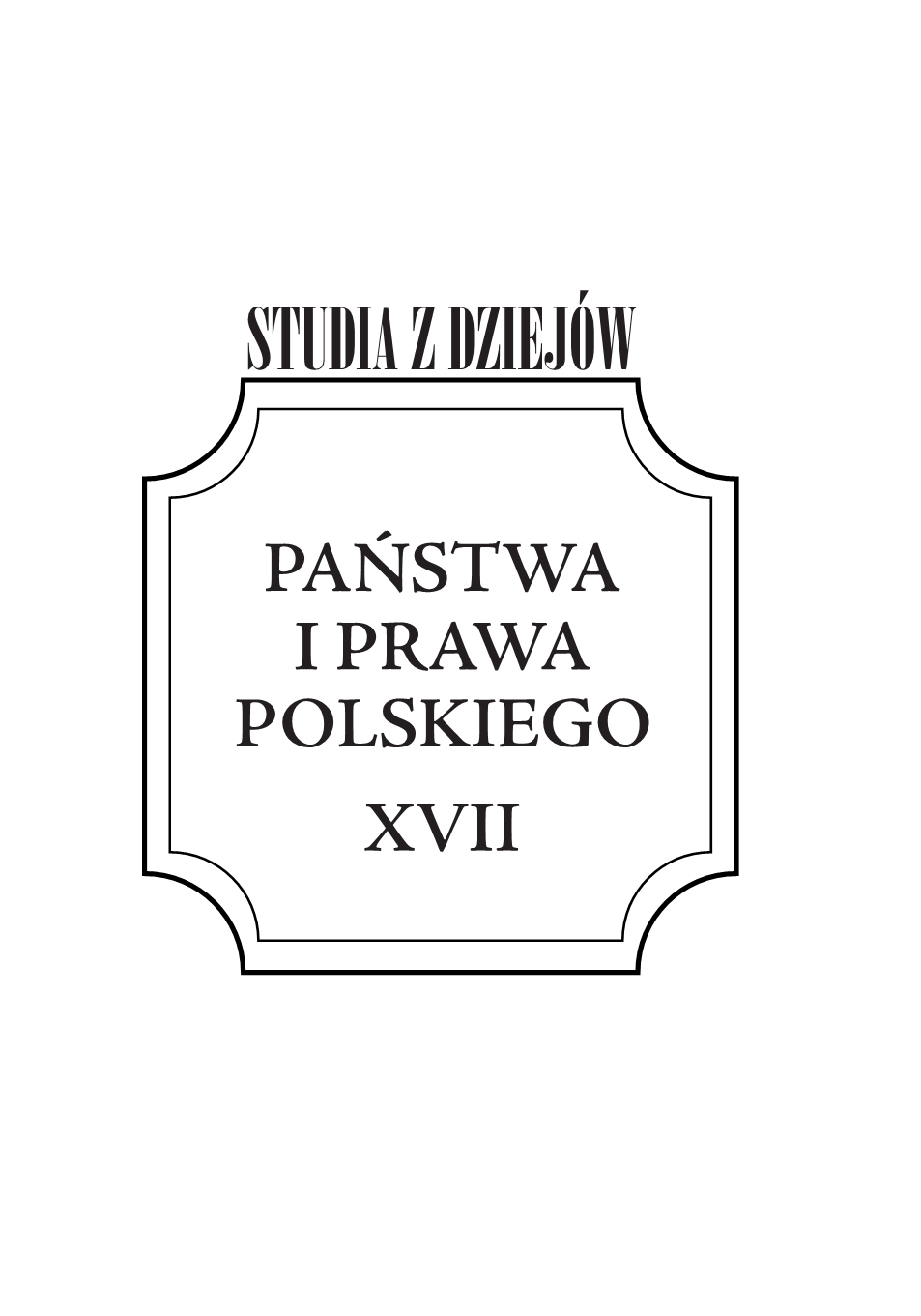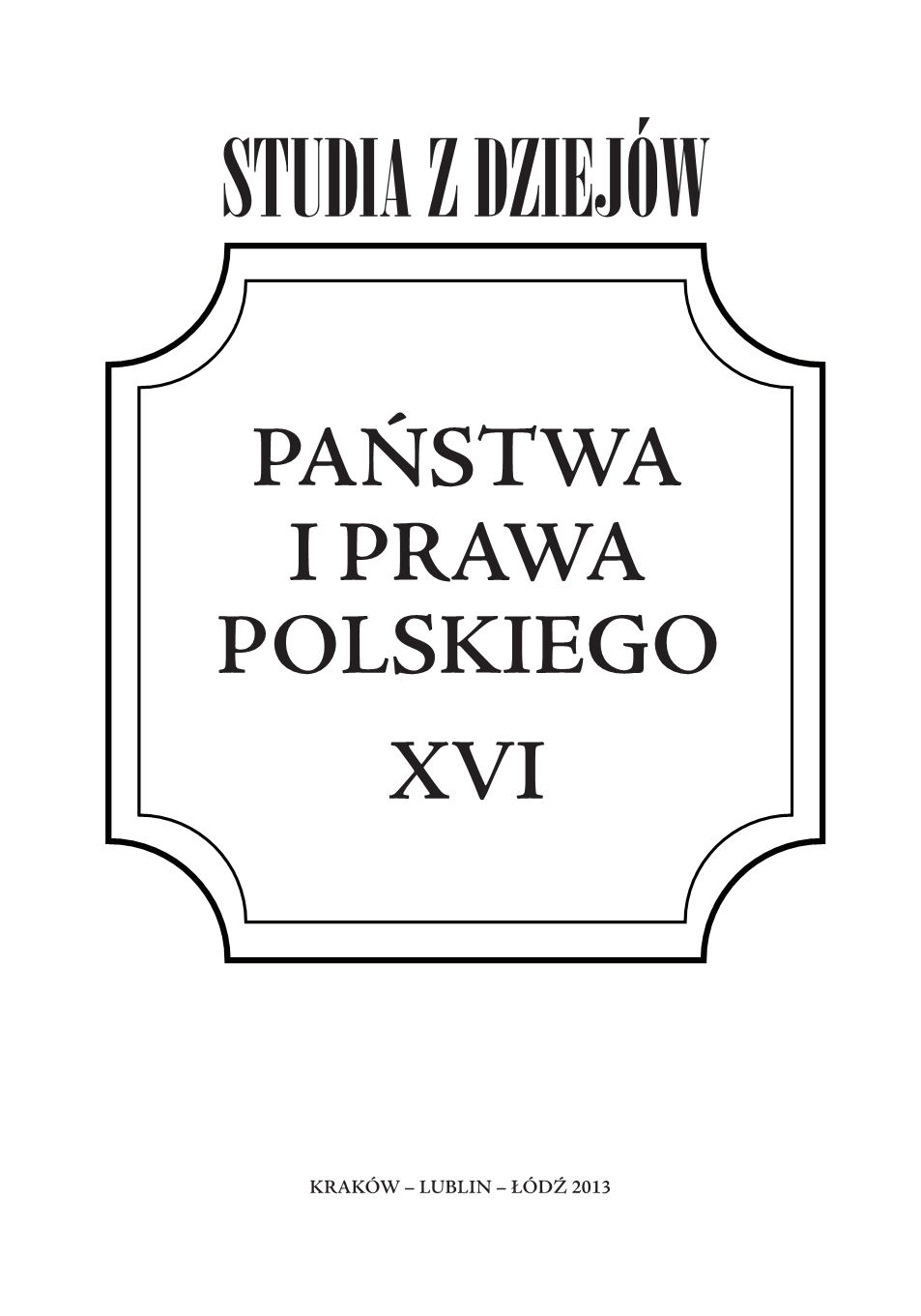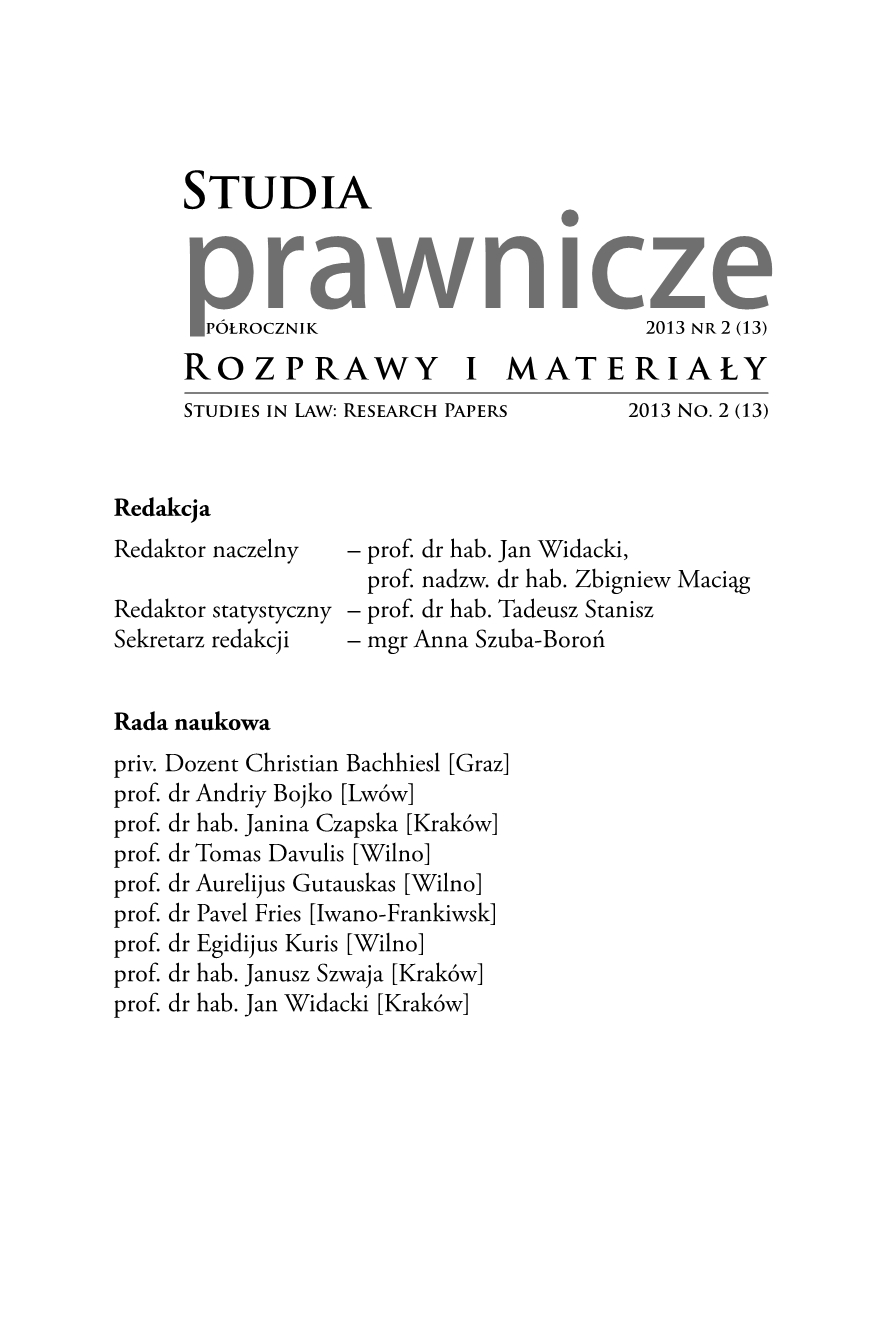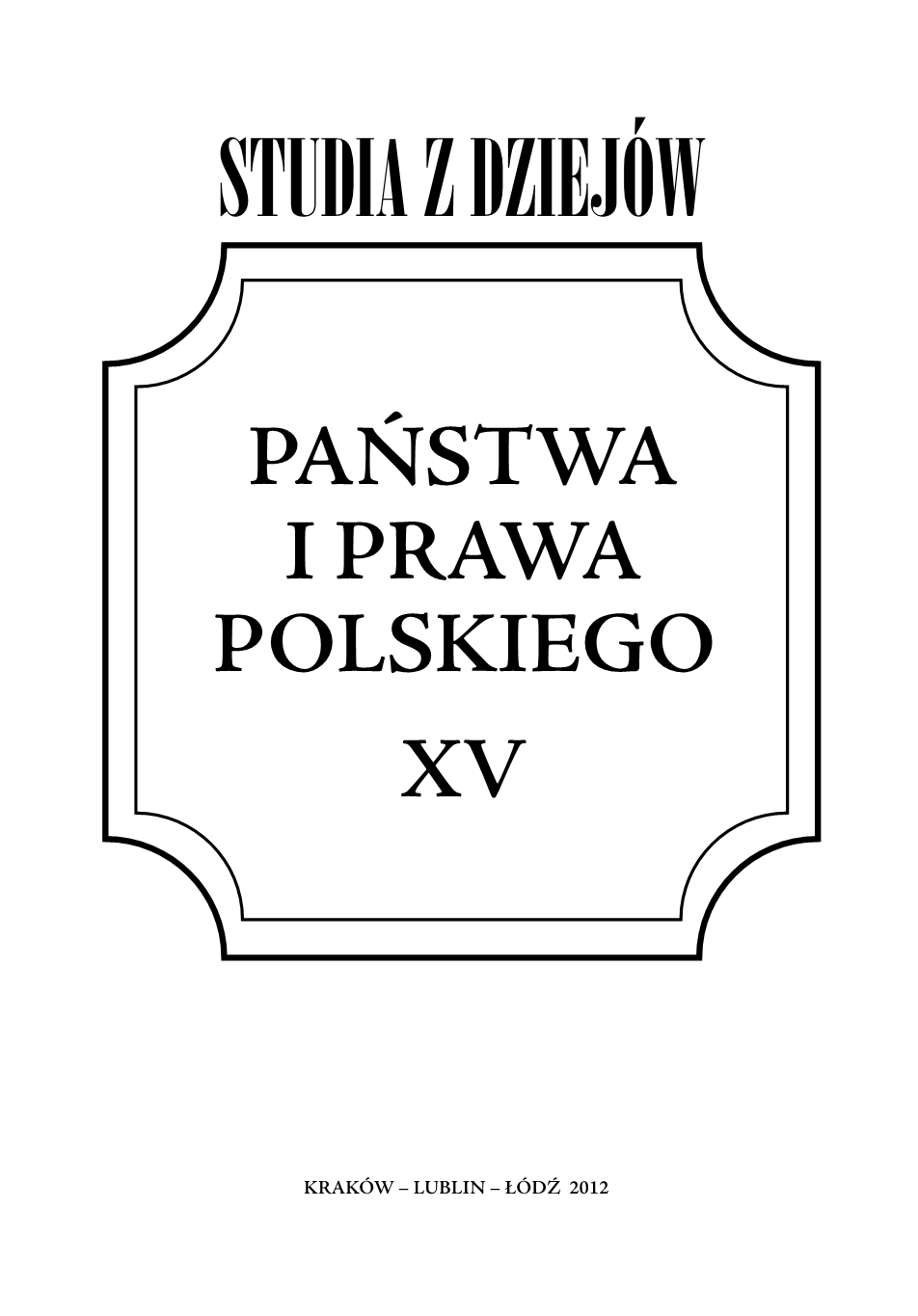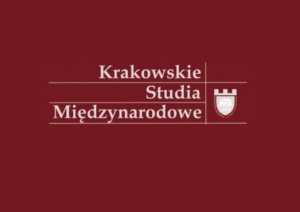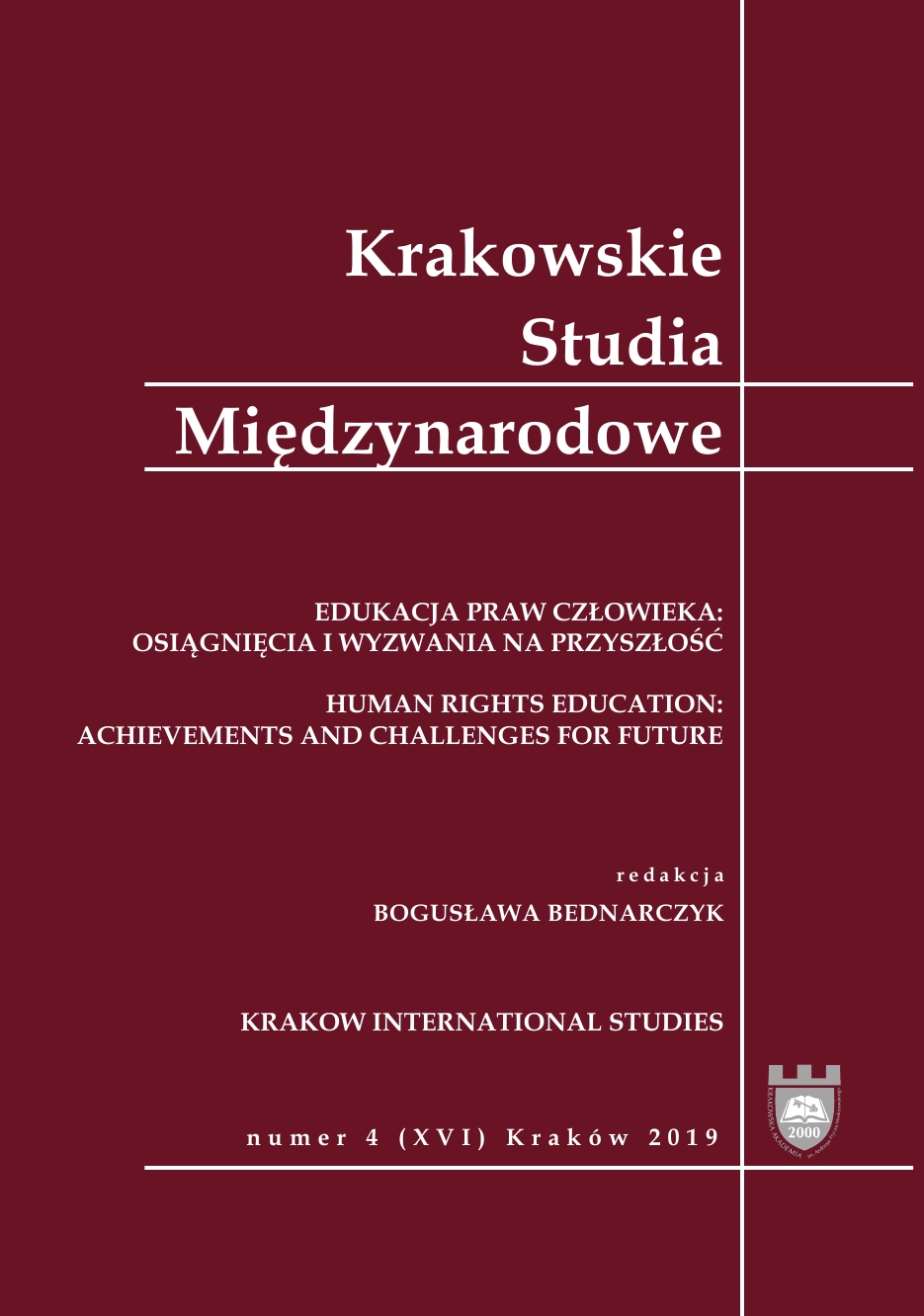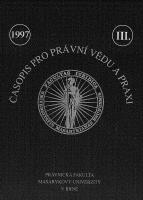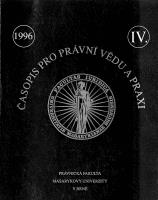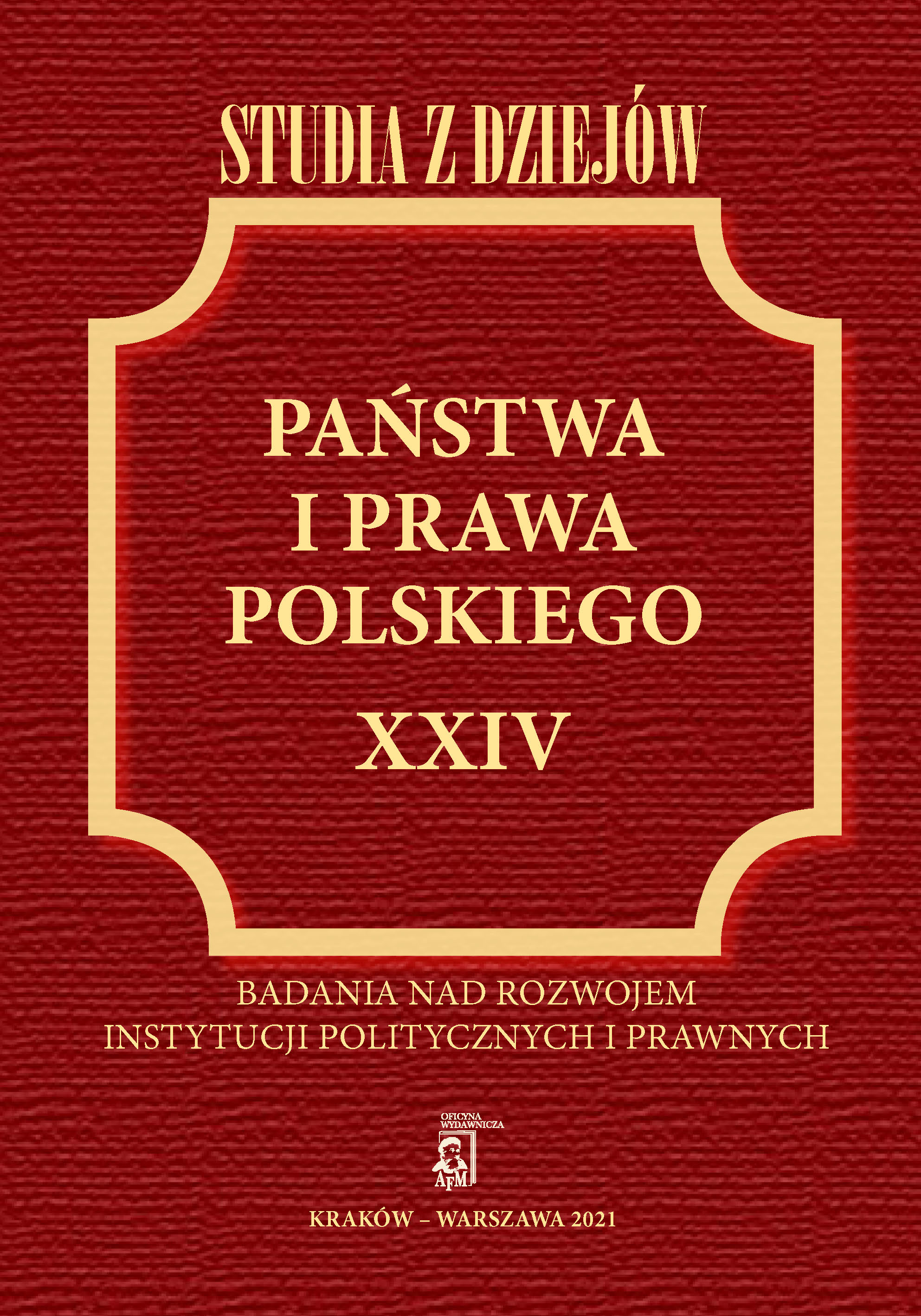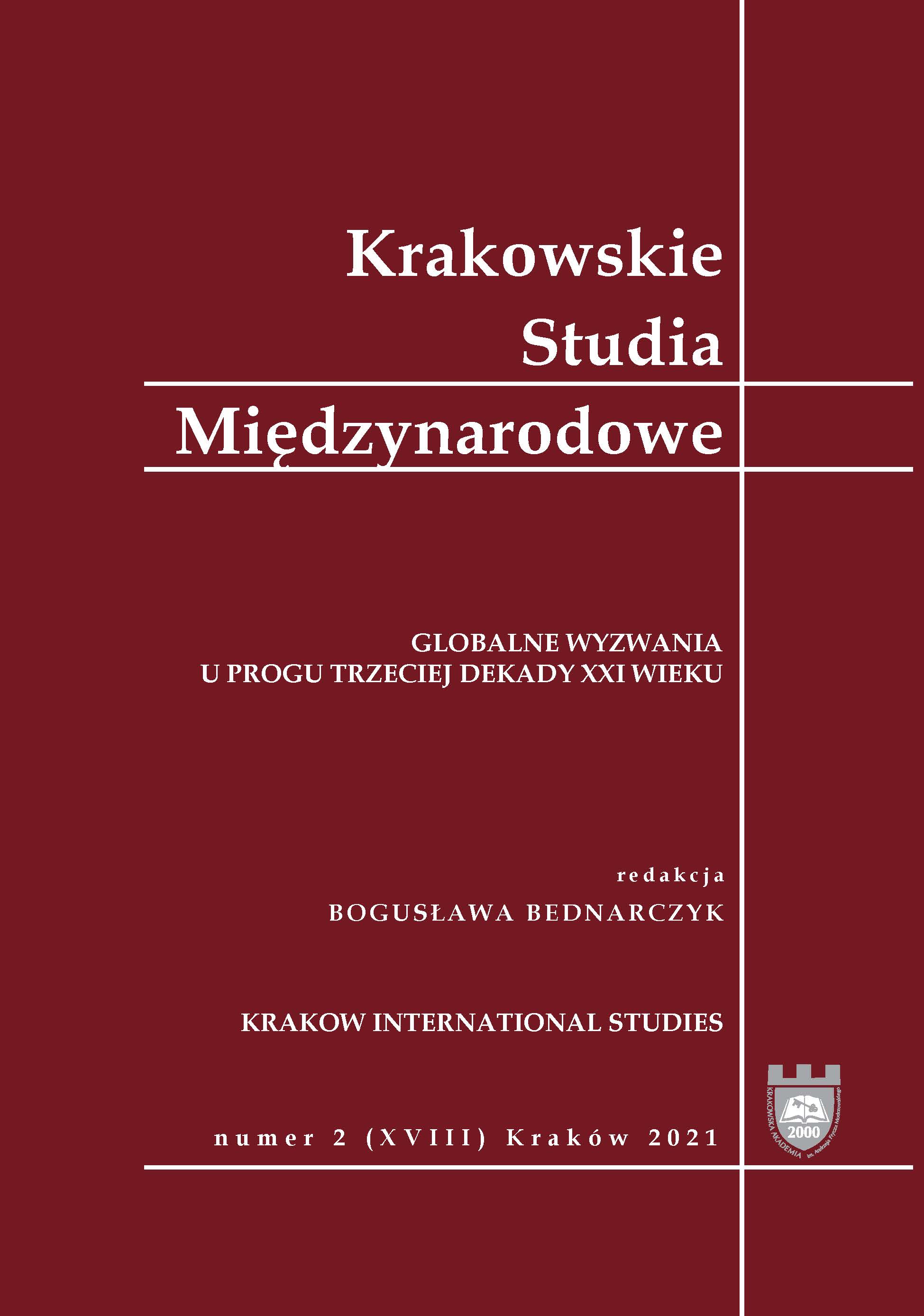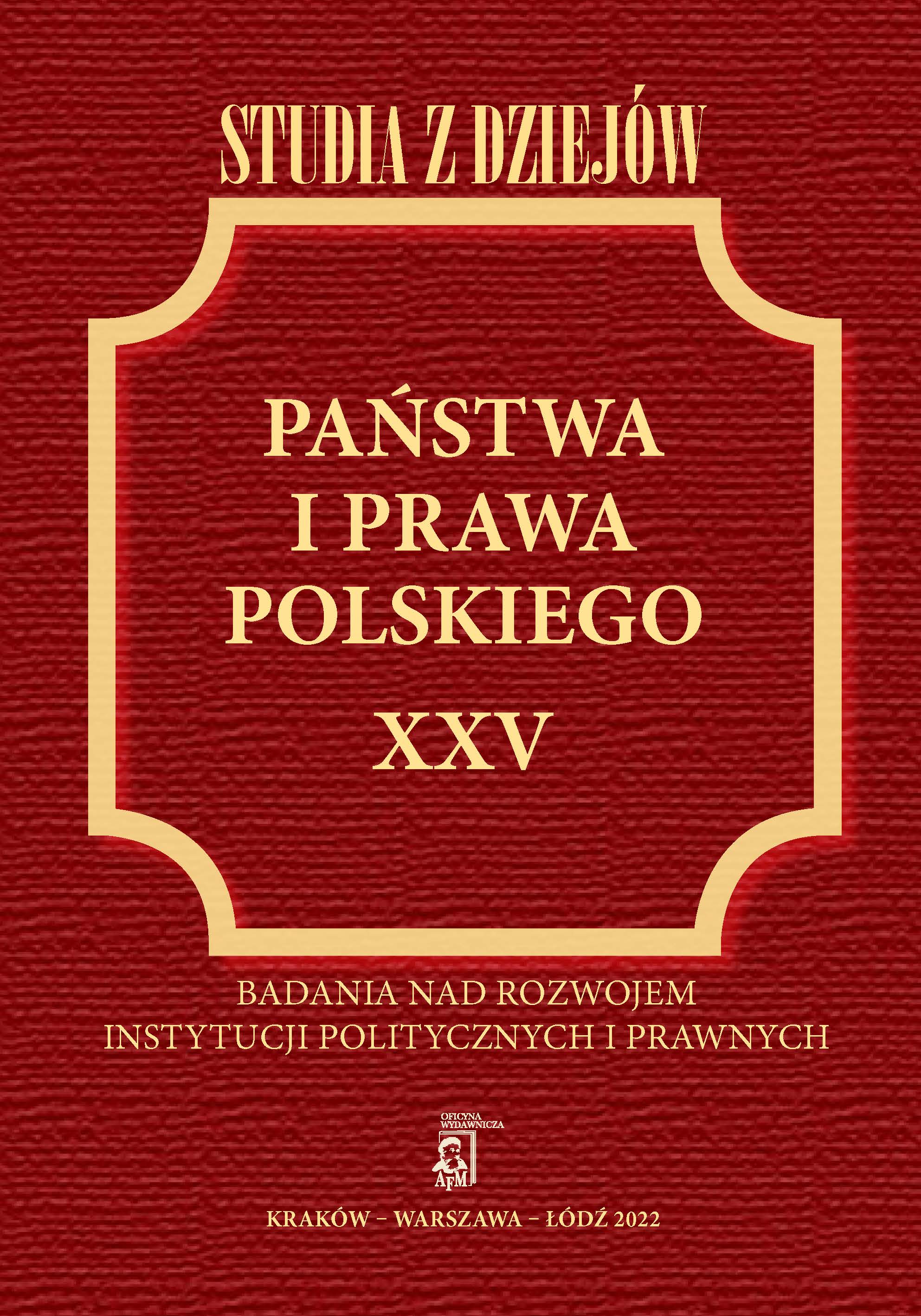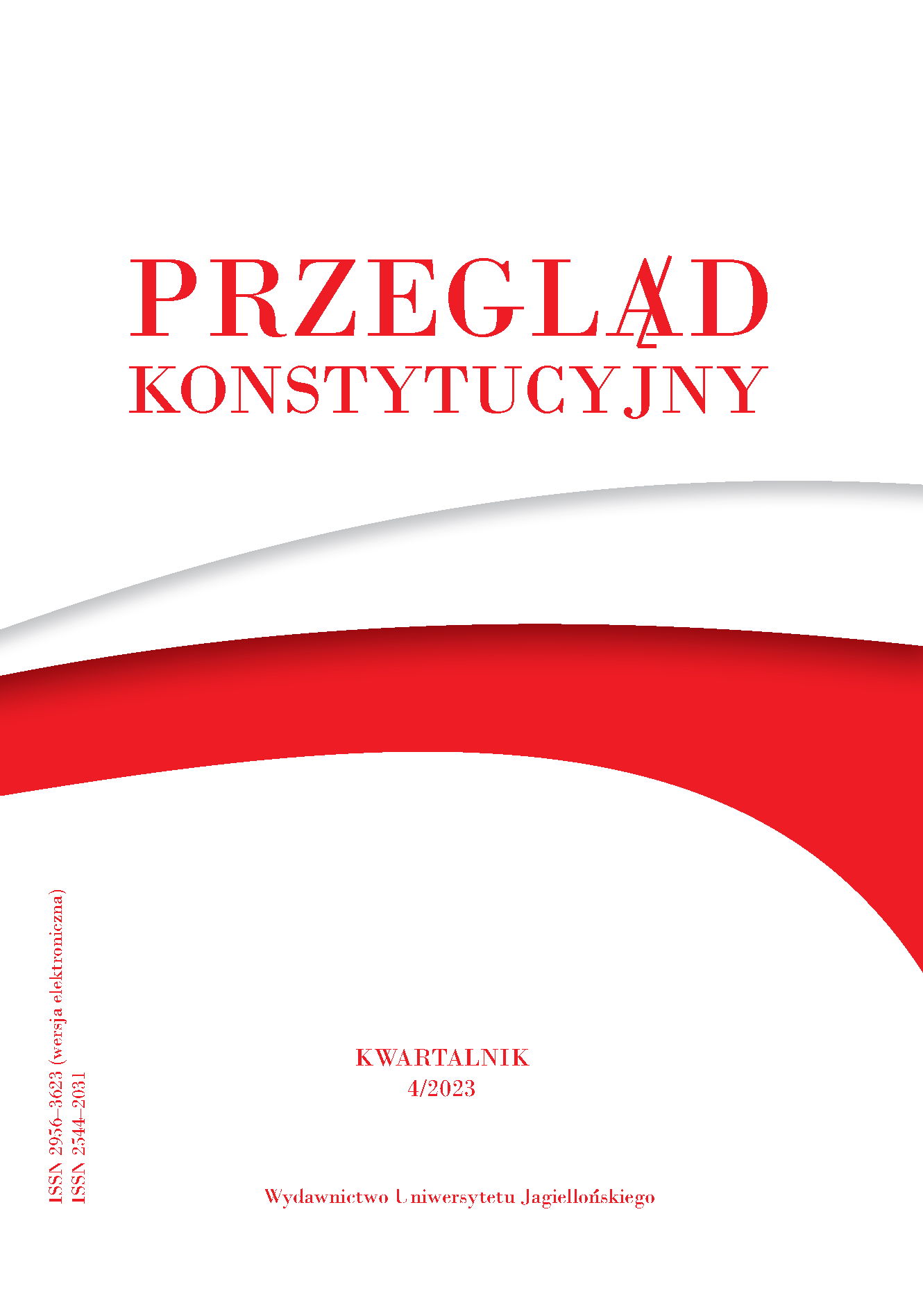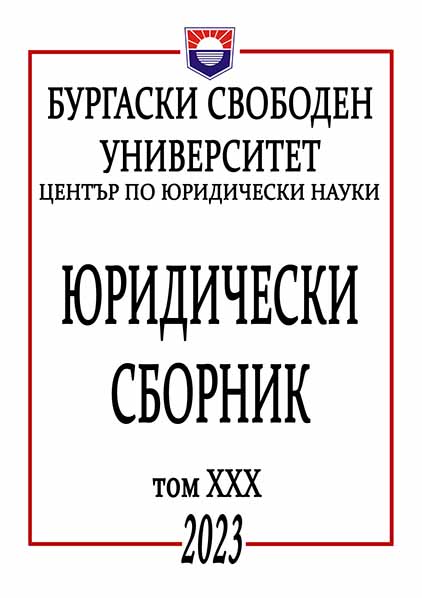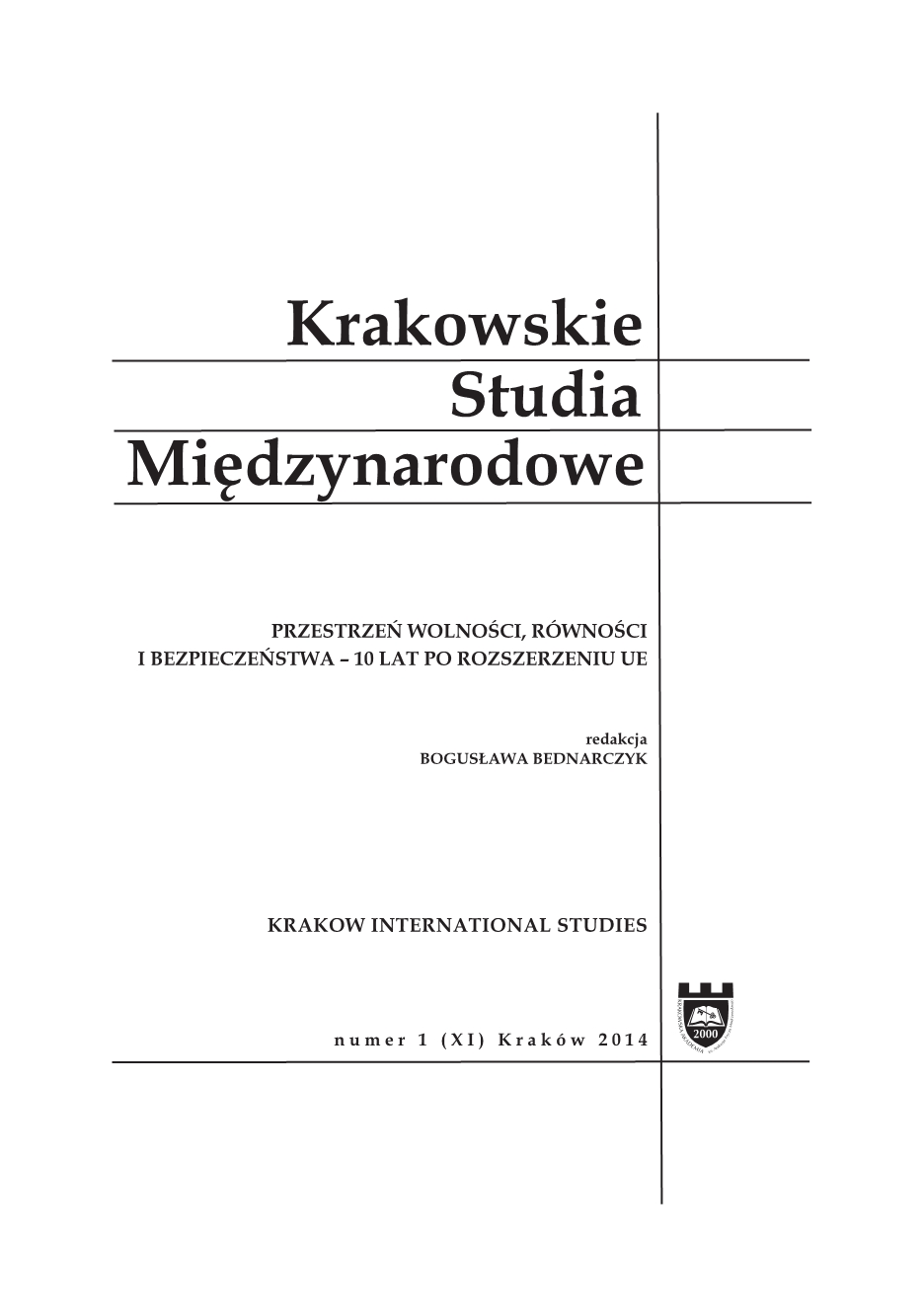
Wybrane aspekty nowelizacji prawnych podstaw członkostwa Polski w Unii Europejskiej – uwagi na tle wyroków polskiego i niemieckiego trybunału konstytucyjnego w sprawie aktów normatywnych stabilizujących strefę euro
The judgement of the Polish Constitutional Court of 26 June 2013 compared with the judgment of the German Federal Constitutional Tribunal of 18 March 2014 indicates that some significant amendments should be introduced into the Polish Constitution. Both amending procedures foreseen by the Treaty of Lisbon and the “Schengen method” used to reform the Eurozone imply a necessity to differ between the ordinary revision procedure and the simplified revision procedure also in national constitutional law. Taking into a account German constitutional provisions and jurisprudence of the German Federal Court such an amendment allows to concentrate on a question how to effective secure an influence of Polish constitutional institutions, especially the Sejm, on integration process.
More...
